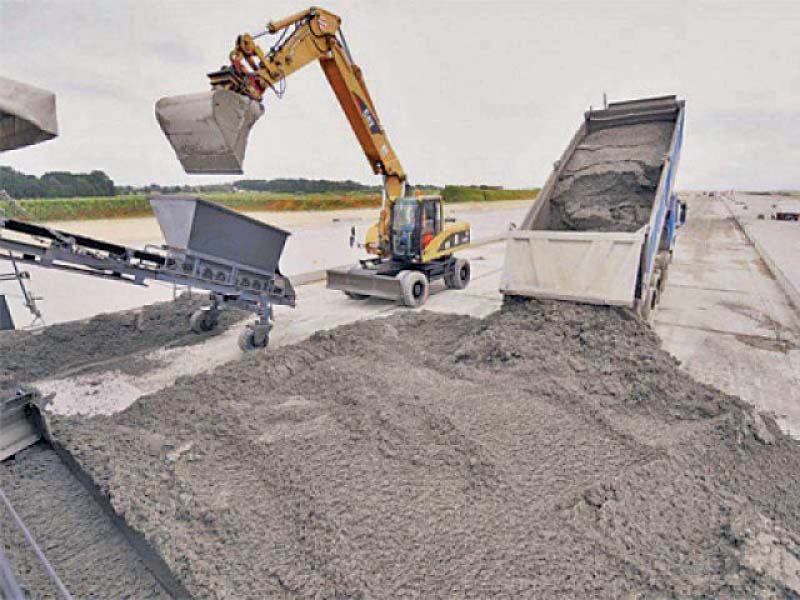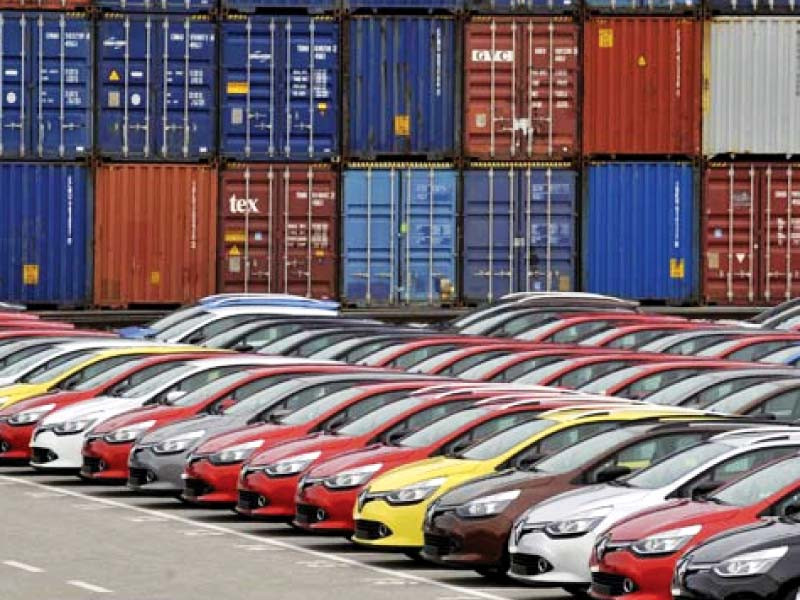Economists analyse strengths, weaknesses of federal budget M Haris

- Jhagra finds 12% inflation rate “illogical” after new taxation measures.
- Sohail praises govt’s intent for “gradual, modest” economic recovery.
- Shabbar says govt should give long-term plan for tax net expansion.
- Rahman welcomes government’s solid commitment to widen tax net.
Economists have precisely looked into the ‘strong, weak spots’ of the federal budget 2024-25 with a total outlay of Rs18.9 trillion unveiled by the Pakistan Muslim League-Nawaz (PML-N)-led government with an aim to bring the country out of fiscal crisis.
Former Khyber Pakhtunkhwa (KP) finance minister Taimur Salim Jhagra, while talking to Geo News on Wednesday, said that he sensed no “appetite for reforms” in the federal budget.
He added that the incumbent government took some difficult steps due to the “pressure of the International Monetary Fund (IMF)”. He also pointed out that the federal government made some announcements in the recent budget which “lacked logic”.
Commenting on the government’s decision to end GST exemptions, Jhagra questioned how inflation can be maintained at 12% when more than 40% of revenue targets will be achieved from tax and non-tax measures and the elimination of tax exemptions.
Jhagra added that he was not criticising the incumbent government’s steps for ending the tax exemptions but the “lack of logic”.
The ex-KP finance czar added that the hike in salaries of government employees from 20% to 25% from Grade 1-22 workers would give an impact of around Rs1 to R1.5 trillion to the national exchequers amid a severe fiscal situation.
He criticised that if the country is paying around Rs10 billion as interest then how was the PML-N administration justifying its step to hike the salaries of the government employees which would increase a huge financial burden on the exchequer besides soaring the expenditures of the provinces?
He, however, praised the federal government’s “disingenuously” pension reforms’ agenda announced in the federal budget which covered the new employees under the contributory pension plan as they would not be given pensions for 40 years.
Jhagra detailed that only the federal government will have to spend Rs1,000 million in terms of pensions which would soar to over Rs2,000 million on the national level after including the provincial government workers.
Topline Security Chief Executive Officer (CEO) Mohammed Sohail, while commenting on the federal budget, told Geo News that the budget seems to be like the previous one as the incumbent government is making efforts towards fiscal consolidation without very “tight or expansionary” steps.
In line with the IMF guidelines, the federal government targeted a 1% primary surplus and a “modest” 3.6% GDP growth, unlike the previous governments which eyed 5-6% growth and later failed to achieve it. Sohail praised the government’s intention for a “gradual and modest” recovery of the national economy as per the IMF’s aspirations.
However, he questioned the achievability of the government’s revenue target of Rs12.9 trillion despite the announcement of several tax exemption measures including the petrol-diesel levy, hike in taxes on cement, mobile phones, non-filers, retailers and others.
Sohail said that the federal government could easily collect Rs800 to Rs1,000 million through its new taxation measures, however, it needed to be precisely calculated to achieve the remaining Rs700 to Rs800 million.
He said that the revenue targets set by the government were seemingly on the “higher side”, however, the incumbent administration would manage to meet the IMF’s 1% surplus target for Pakistan — which is around Rs1,100 to Rs1,200 million without the inclusion of 9.7% of interest — after curtailing PSDP and other expenditures like the previous government.
The Topline Security CEO expressed hopes that the government’s steps unveiled in the federal budget 2024-25 increased the chances of the country to pave the way for an IMF long-term plan which would help stabilise the currency and control inflation.
Former Federal Board of Revenue (FBR) chairman Shabbar Zaidi, while commenting on the federal budget in the same programme, gave remarks against the federal budget in terms of the government’s taxation measures.
He predicted that the imposition of taxes — from 40 to 45% on the sale proceeds — would hardly hit the country’s exports after lifting all exemptions. Shabbar also auspicated that the federal government will find no option other than withdrawing its decision for exporters in the coming days.
The ex-FBR chairman also questioned the legality of the imposition of federal excise duty (FED) on the real state for taxing the trade of plots as no constitutional provision allows the government to adopt such a decision.
Shabbar was of the view that the federal government should have unveiled a long-term plan for phase-wise expansion of the tax net.
Economist Maha Rahman told Geo.tv: “Despite some drawbacks, my initial reaction on this budget is that it has brought in a fresh perspective on certain aspects of the economic policy. First and foremost is the solid commitment that the tax net will be widened by taxing the non-taxed populace and not burdening the already burdened.”
“The taxes for non-filers have been visibly increased. Very welcome is the revised menu of real estate taxes. One change that I had hoped to see was increased incentive for the service sectors to file and that is still yet to be seen. I had personally hoped for a more aggressive tax policy but this is still a good start,” she analysed.
“The budget has also made allocations for digitisation and automation to improve performance and save costs. This is a welcome step as is the focus on Information Technology. But parks alone will not increase IT productivity and exports.
We need to build the right human capital and solid country-wide infrastructure that will propel this forward. Also welcome is the increase in the BISP budget by 27%, the focus on building climate resilience, bringing in climate financing, increase in budgetary allocations for SMEs, an allocation of 206 billion for building water resources and the focus on curtailing the circular debt,” said Rahman.
“On the flip side, the increase in the development budget remains unaccounted and unexplained for. We had hoped to hear of more concrete measures that will boost productivity. But we can hope for revised policies at the Federal level to complement this budget that will propel the industry forward,” she concluded.


